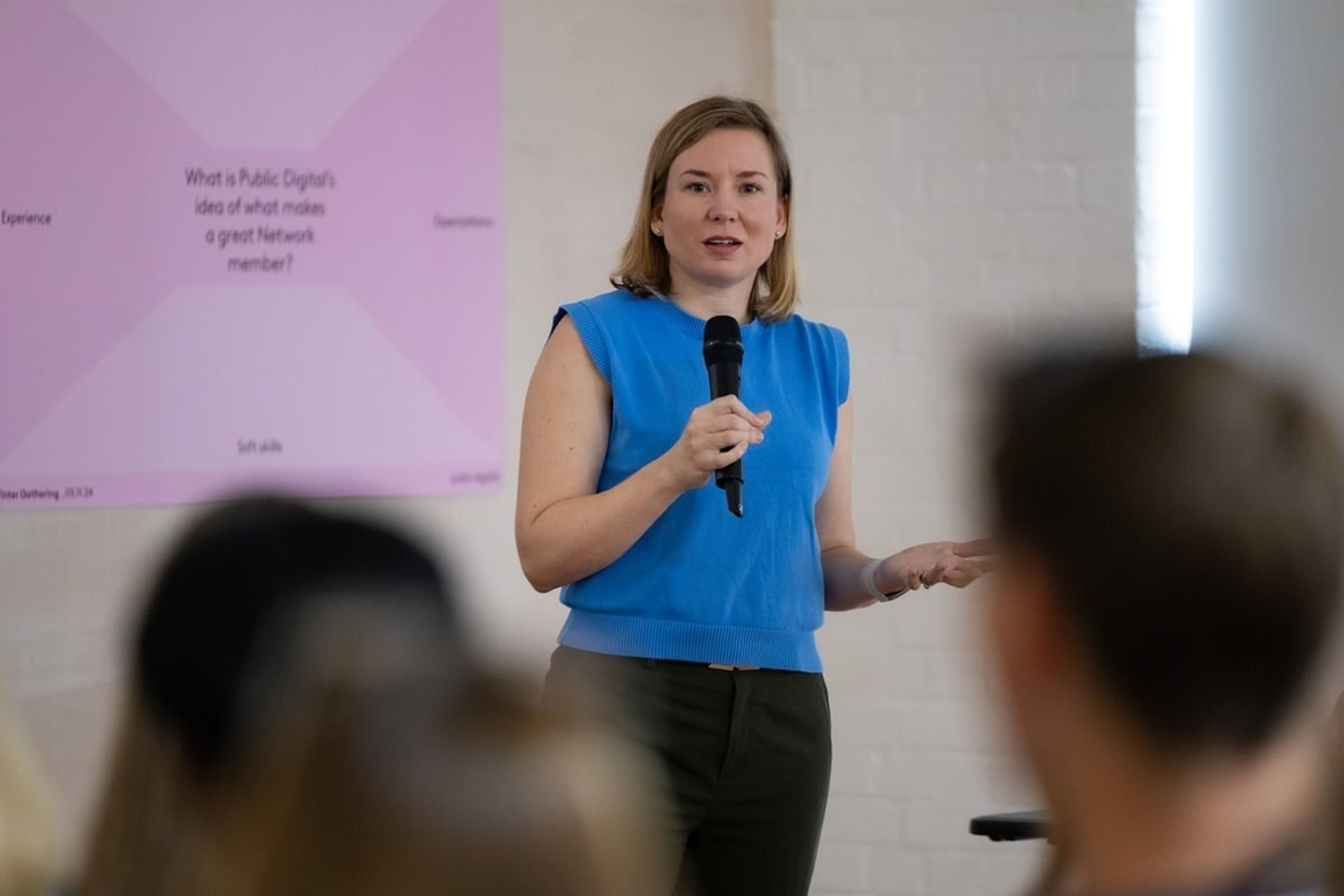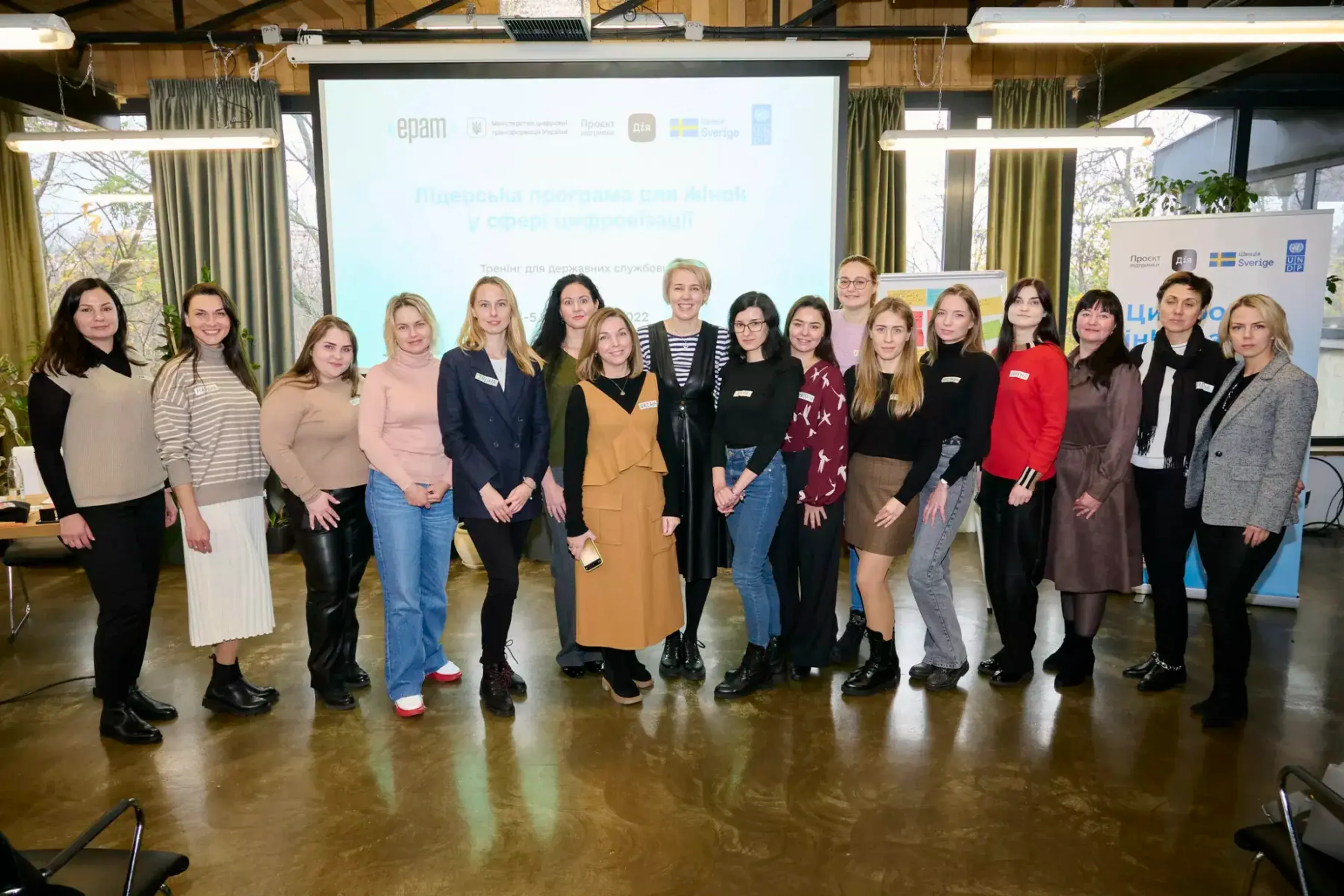
How organisations can support women in digital
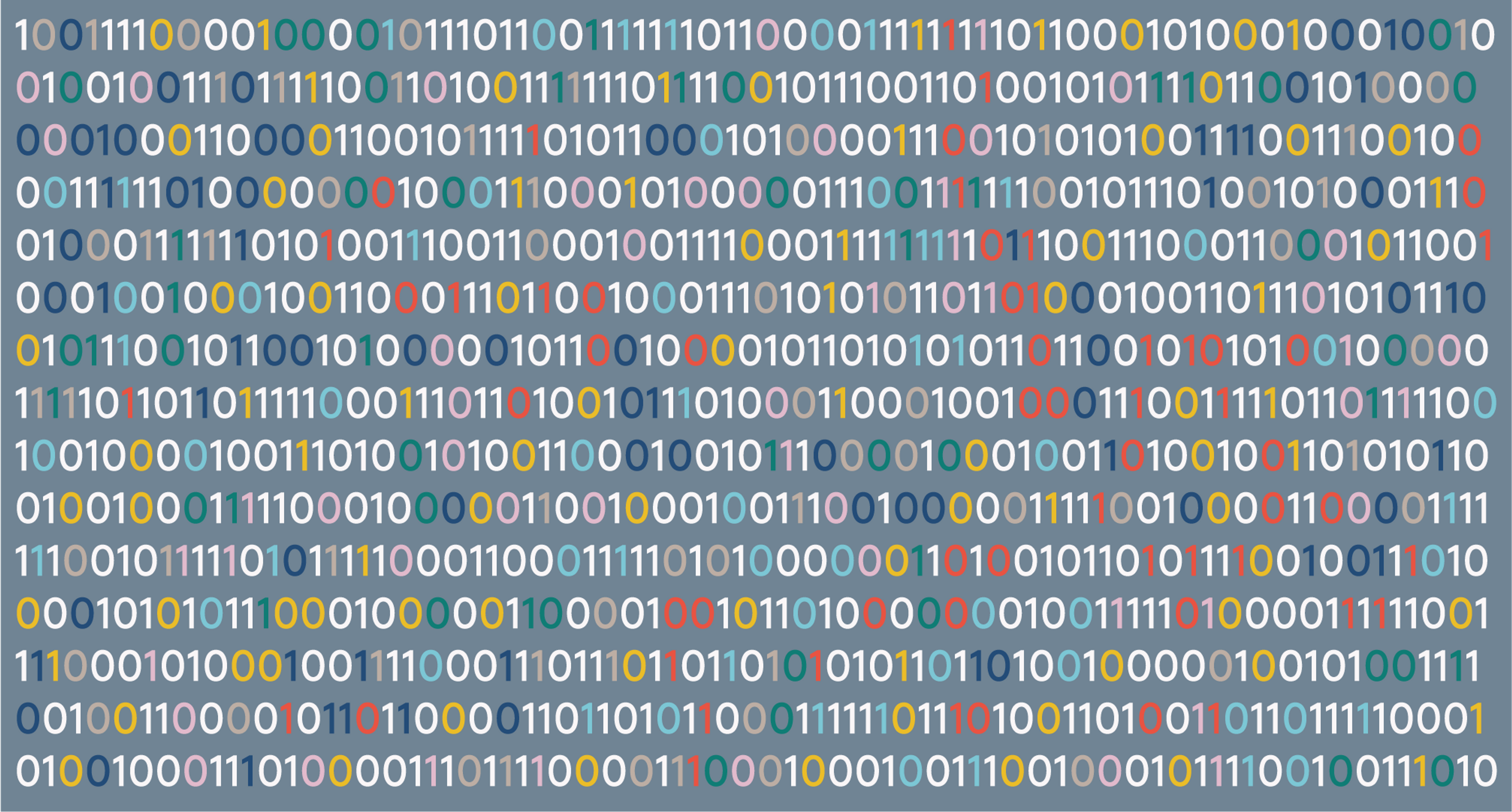
Hot off the heels of mentoring young women at Next Tech Fest 2025 last week, here at PD we’ve been reflecting on the subject of women in tech.
As we’ve written about in our newsletter and on our blog, the diversity of digital teams determines the success of their services.
Finding ways to overcome the challenges that women face in digital is not only part of creating a more equitable industry, but is fundamental to delivering better services.
Barriers for women in digital
One thing which struck me about the young women I met at Next Tech Fest was their confidence and ambition. So many of them were clear on what they were interested in, and were articulate, relaxed and assured.
It made me think about the beginnings of my own career journey as a digital practitioner, where I often lacked that same confidence and assurance.
Imposter syndrome is one of the many challenges women face in a UK tech industry where women comprise only 21% of tech teams and 5% of leadership positions. A recent IT Pro article based on iCIMS research from March 2025 reported that 40% of women in tech experience imposter syndrome, a factor which is driving many of them away from the field.
The other impacts of the gender disparity in tech, and the way these work to perpetuate greater inequity, are well documented. Women In Tech report that 76% of women working in technology have experienced gender bias or discrimination in the workplace, while the UK Government report on Diversity in Tech published in June of this year states that one in three women plan to leave their roles due to “a lack of career progression, poor work-life balance, and an unsupportive culture”.
So what can organisations offer to ensure women are securing, retaining, and thriving in digital roles?
Coaching and mentoring
A core part of the mission of organisations like Next Tech Girls is providing role models for young women considering careers in tech.
There is no doubt that interactions and relationships with female coaches and mentors can have a huge impact on women pursuing - or already engaged in - technology careers.
I’ve been fortunate enough to have had some amazing women as line managers, coaches and mentors over my career, both at PD and in previous roles. Being given space and time to explore my strengths and skills, receive advice, and build confidence has been invaluable, empowering me and inspiring me to push on and up.
Making women visible
When considering applying to my role at Public Digital, one of my core motivations to apply came from the knowledge that PD already employed brilliant women.
Having read about the work of these practitioners at PD and even crossed paths with some of them, I felt confident that this was a workplace where I would not only be working alongside some of the best women in the field, but one where I would - like them - be respected and challenged, while delivering meaningful and inspiring work.
Male allies
A 2023 report from the Fawcett Society showed that as many as 20% of men in tech believe women are inherently less suited for digital roles.
In environments where women must work hard to have their expertise and competency recognised, male allies who champion their female colleagues can make so much difference.
I had a fantastic colleague in a previous role who consistently and intentionally made space for my contributions, and ensured that I received credit from others for my work, particularly when colleagues mistakenly credited him.
It was powerful to be on the receiving end of his approach, which showed a clear commitment to inclusion and equity, and made me feel valued and supported.
An inclusive approach to recruitment
When I first saw the job advert for a role at Public Digital, two core elements of it really bolstered my confidence in applying.
The first was the ad’s emphasis on PD’s interest in a wide range of skills and experience: an explicit call for applicants who “work in the field of digital, in the broadest sense”. The second was its acknowledgement of the tendency for women to avoid applying for roles where they didn’t meet all the essential criteria, and its encouragement to those candidates who might second-guess their suitability to apply.
Although some research has debunked the statistic that men apply for a job when they meet only 60% of the qualifications, while women apply only if they meet 100%, I personally have tended to pull back from applying for roles where I felt I didn’t meet all of the essential criteria.
Equally, we often think of digital roles as requiring specialist STEM skillsets. But as Public Digital’s definition of digital highlights, digital is as much about people and culture as it is about technology. That means that the strongest candidates for digital roles can come from a range of professional backgrounds, inside or outside of the tech industry.
Organisations which encourage applications from those who might second-guess their suitability for a role are more likely to hire diverse candidates of all kinds, including women.
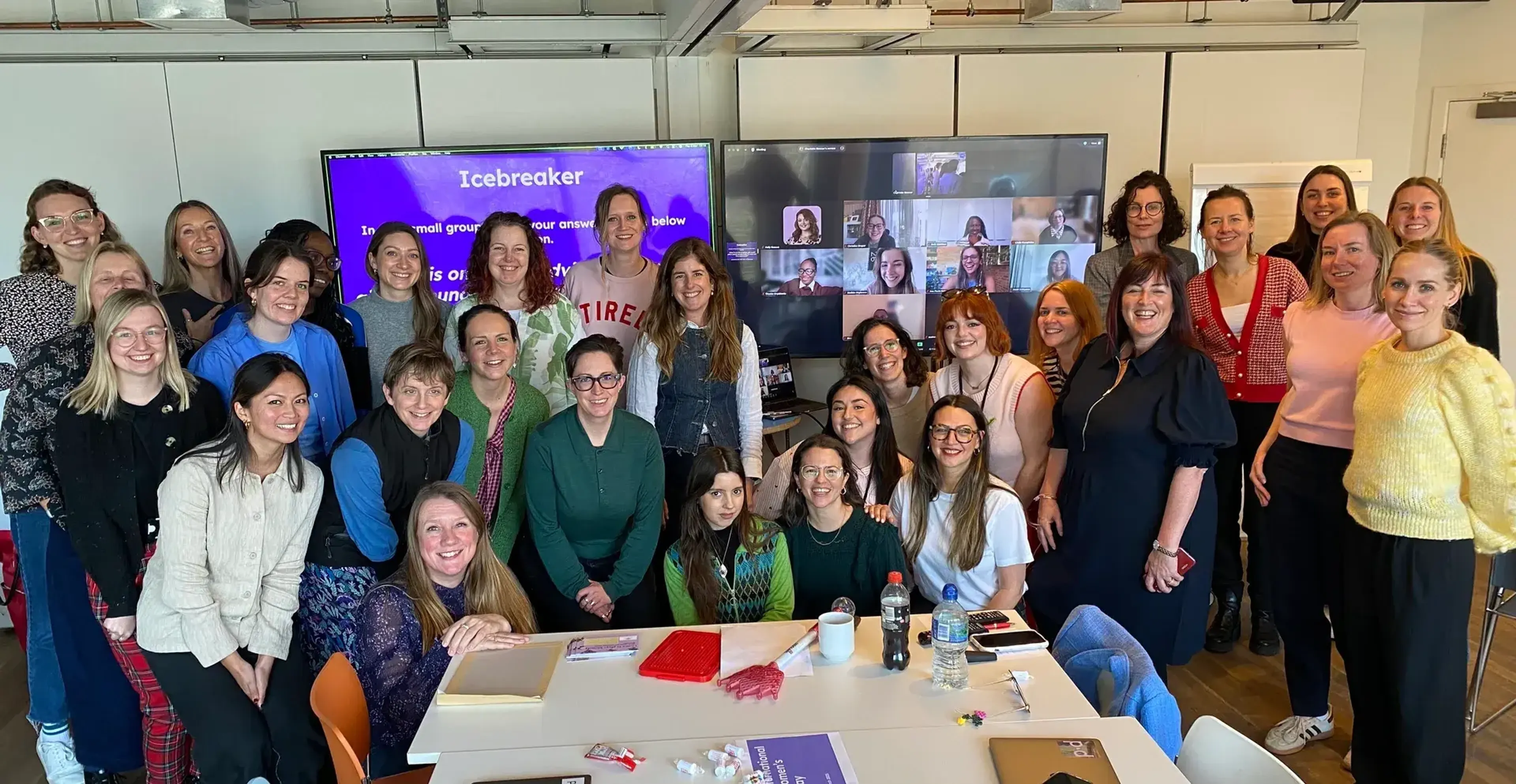
A flexible working culture
As part of marking this year’s International Women’s Day, our Managing Director Emma Gawen wrote about the need for a flexible and inclusive working culture.
As she writes: “Every day, women are forced to step back from organisations that don’t have a culture that allows them to balance work and family life.”
Public Digital’s culture is shaped by an understanding of that. Its focus on the delivery of good work allows staff the freedom to structure their working day around their life commitments. That’s particularly vital for women who are parents and carers.
The next generation of women in tech
It was heartening to see the confidence of the girls I mentored at Next Tech Fest. Not one of them said ‘I don’t think I can do it’. Instead, almost all of them were focused on the how. How can I get there? How can I learn? How did you do it?
That’s a testament to the hard work of organisations like Next Tech Girls in boosting young women’s confidence in pursuing careers in digital.
But the hard work now lies with the organisations who must create environments where the next generation of women in tech can thrive.
Check our careers page to explore vacancies and find out more about Public Digital’s recruitment and onboarding process.
Written by
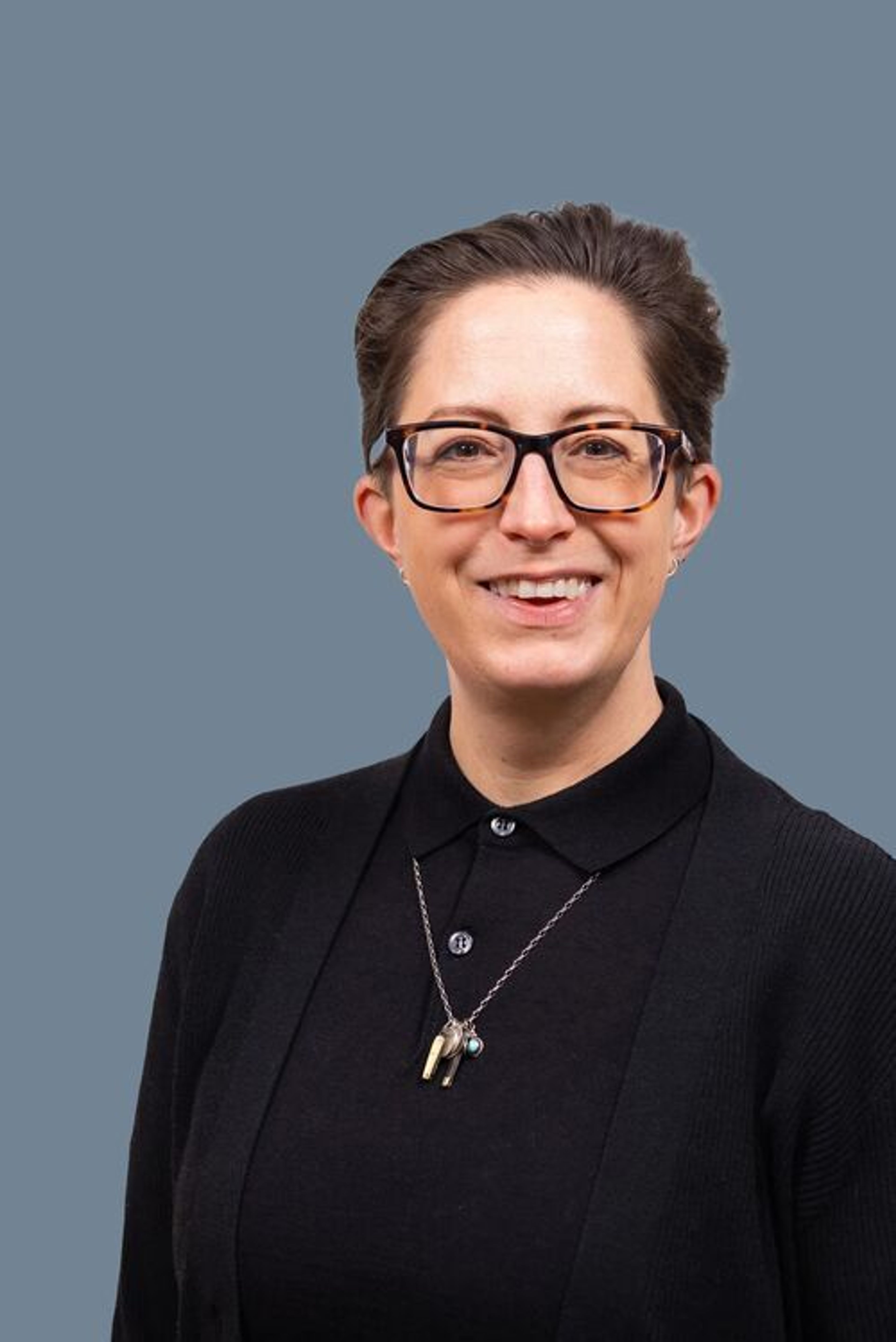
Jo Garwood-Backshall
Principal Consultant
